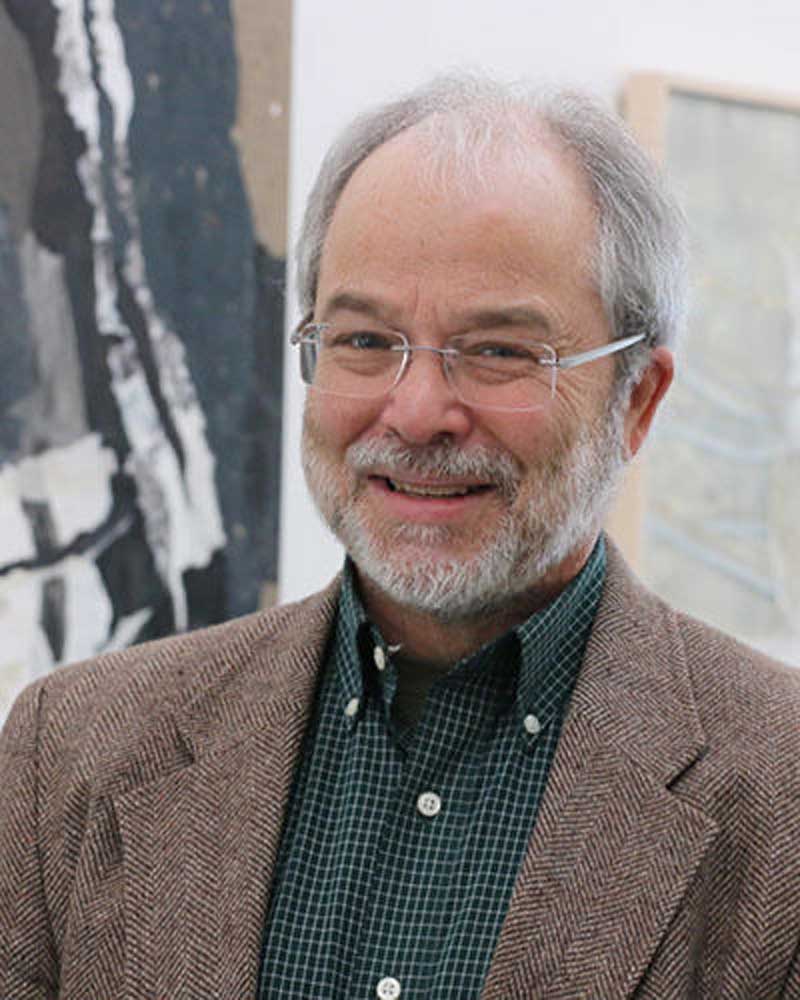Column: Upping our epistemology game
Published 1:15 am Thursday, May 2, 2024

- Steve Trotter
“Since the Trump years, this habit of not consulting the evidence has become the underlying crisis in so many realms. People segregate into intellectually cohesive teams, which are always dumber than intellectually diverse teams. Issues are settled by intimidation, not evidence. Our natural human tendency is to be too confident in our knowledge, too quick to ignore contrary evidence. But these days it has become acceptable to luxuriate in those epistemic shortcomings, not to struggle against them.”
— David Brooks,
New York Times,
April 18
.
I love the word “epistemology,” a form of which is in that paragraph. It has, to my ear, a nice sound as it rolls of my tongue. And I like what it means: A foundational concept in any study of pretty much everything. We don’t have to know the word to know what it means. Epistemology is the study of knowledge; of knowing. It asks “How do we know what we know?”
If I were a philosopher, I think that’s where I would focus. It’s a foundational subject, the system of thought upon which everything else is built.
I remember sitting at our dining room table, my two brothers, Mother and Father there as we ate dinner. My father asked “Do any of you know what G.I.G.O. stands for?” Recently his group at work had gained access to a computer, a primitive machine that filled a room and needed its own air conditioning to operate. (A smart phone is more powerful than that computer of yore.)
None of us knew what the acronym meant. He told us: “Garbage In; Garbage Out.” Huh?
“If the data you feed into the computer isn’t valid, isn’t true, is warped or twisted, you’ll get invalid, untrue, warped or twisted answers or results.”
Garbage (bad data, false data, lies) in, Garbage (worse data, more lies) out.
That’s the domain of epistemology. And it’s especially germane today. Not merely germane: it’s hugely important. Important to almost crisis proportions.
Some of our politicians are speaking garbage. They say things which have no meaning. Or things which can not be verified. Their lies are not challenged, not tested.
These politicians are treated with kid gloves. Rare is the reporter who says “Hold on. Where did that idea come from? What proof do you have for that assertion? Why should we believe you?”
So those ideas and assertions float out onto television, social media and just about everywhere else with no regard for epistemology. Lies are not examined; their foundation, if they have one, is ignored.
“Paper will put up with anything that is written on it,” is credited to Joseph Stalin, who knew its truth firsthand. His Soviet propaganda convinced millions of people in Russia and beyond that black was white and 2+2 = 5.
Imagine if the masses in the former Soviet Union had studied epistemology. Imagine them questioning what was on the paper, asking “Where’s the evidence of that statement? What’s really going on here?”
Imagine if the masses in the present United States of America knew something of epistemology. Imagine them questioning politicians’ many statements, asking “Where’s your evidence? What proof do you have?”
Conspiracy theories and those who promote them could benefit from epistemology too. Sources? Proof? Evidence? It just ain’t there. Use social media? You’re probably picking up things that lack a solid, verifiable, epistemological foundation.
We don’t need to take a philosophy course in order to develop good epistemological skills. We already have what we need: we know how to ask questions. Ask the politicians about their sources. Ask about ideas or policies and what people who actually know about, say, economics or foreign affairs, think about the idea or policy. No good answer? Be suspicious.
I love to read mysteries; murder mysteries top my list. When I hear a politician talk, I pretend I’m a famous detective, Armand Gamache or Hercule Poirot or Sam Spade. I investigate the politician, testing what they say against what I know has evidence, what I can rely on as true, pushing aside the emotions and the yammering until I can decide if I can trust that politician. All detectives use epistemology to test what witnesses do and say until, somewhere close to the last page, they name the culprit, which is to say, they discover what’s true.
Life in the United States of America is in a perilous place. Large issues are in play. It’s more serious than a detective story. We all would gain by upping our epistemological game.









